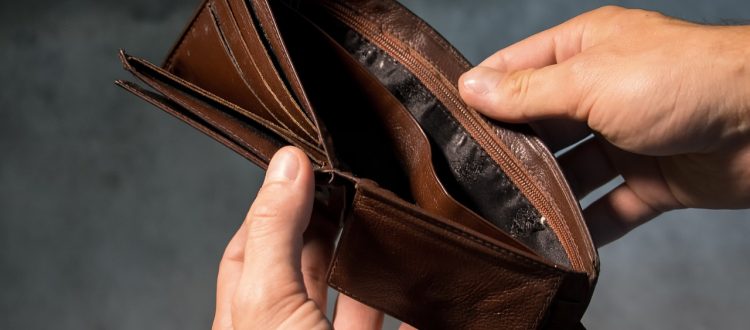Should I File for Bankruptcy?
Bankruptcy is a court proceeding in which a court appointed trustee analyzes the assets and liabilities of persons, or businesses, who can no longer pay bills and whether those debts can be discharged. However, it’s important to know that not all debts can be discharged through filing for Bankruptcy.
Unfortunately, sometimes you’re faced with such difficult financial decisions that bankruptcy may be the only option so that you can move forward financially. If you’re currently googling “should I file for bankruptcy,” it’s important to first consider the following pros and cons of filing chapter 7 bankruptcy.
Creditors Will Stop Calling You –
One positive thing that comes out of declaring bankruptcy is that you have a considerable amount of protection from creditors. Are you getting bombarded with creditor calls on a daily basis? The Automatic Stay is a court order that instantly stops most civil suits against you and many actions of collections by creditors against your property, collection agency or government entity. While filing for bankruptcy could put a halt to the endless calls, but it shouldn’t be the only reason to file for bankruptcy. An Automatic Stay may help you in bankruptcy in the following ways:
- You’re behind on utility bills – You’ll have at least 20 days before having to pay your water, electricity gas or phone bill with the Automatics Stay. Note that the utility company may require you to make a deposit payment to ensure the future payment of your ongoing bills.
- You’re in danger of foreclosure – With Chapter 7 bankruptcy, you will not be able to stay in the about to-be foreclosed home forever, but the Automatic Stay will allow time to perhaps find substitute housing. If there is sufficient equity in the home, the trustee could elect to postponed any foreclosure so that his/her office can find a buyer. Note that the asset must have potential to provide sufficient equity to the estate to stop any foreclosure proceedings.
- You have wages garnished – Filing will stop some wage garnishments. You may able to take home full payment from your employer, and you may be able to discharge most, if not all, debt from credit cards and personal loans. Note that garnishment because of owed child support or alimony will not be discharged, and it is best to discuss your options in Chapter 7 bankruptcy with an experienced bankruptcy attorney. It’s important to know the facts about bankruptcy before you decide.
It’s Really Difficult to Get Student Loans Discharged in Bankruptcy –
Sometimes student loan debt can be erased, but it’s not likely. Contacting a bankruptcy attorney in New Hampshire can help you become more likely to get student loans discharged in bankruptcy. To have student loans waived, you must prove to the court that repayment of loans would cause undue hardship on you. Proving undue hardship varies; sometimes debt is partially discharged, other times debt is fully discharged. In New Hampshire, the Totality of Circumstances Test is used to determine the discharge of student debt. There are a few factors to this test, including whether attempts have been made to increase household income, to previously pay off the debt or to decrease household expenses. The process of getting student loan debt erased in chapter 7 bankruptcy can be difficult and tedious, and a NH bankruptcy attorney can increase your chances of getting student loan debt off your plate.
Bankruptcy Can Do a Number on Your Credit Score… for Years –
Chapter 7 bankruptcy has a negative impact on your credit score, and it remains on your credit report for 10 years. After declaring bankruptcy, it is possible to work to better your credit report before the “derogatory” mark is removed, but it’s not easy, and it will take time. The negative marks that a declaration of bankruptcy leaves on your credit report are good reasons to sit down with a bankruptcy attorney in NH before making the decision that bankruptcy is the right step for you. However, not filing a bankruptcy may mean that all the bad stuff that is currently bringing your credit score down will continue to bring that score lower and lower.
If You’re Considering Filing for Bankruptcy, Contact Seufert Law Today –
If you’re still thinking about filing for bankruptcy, contact our knowledgeable bankruptcy attorneys today for a consultation. We’re here to help you fight to get your financial freedom back.

